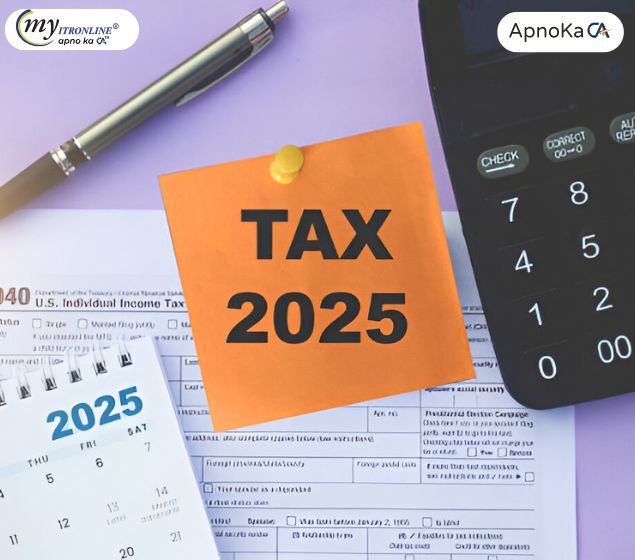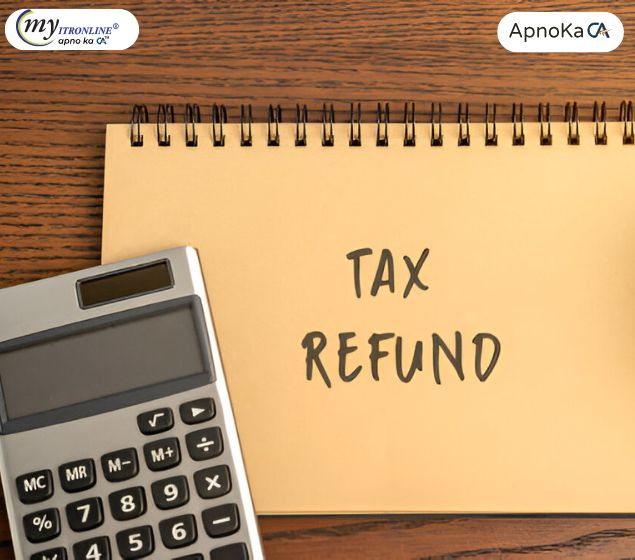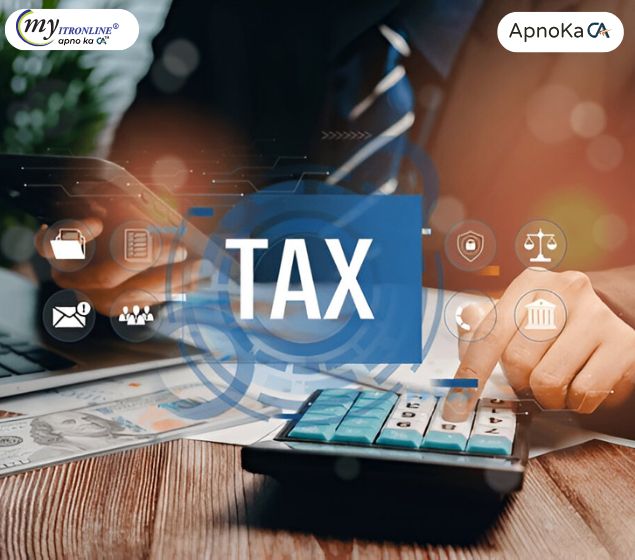# taxlaw
12 posts in `taxlaw` tag

Easy Tax Rules for Small Businesses & Professionals (FY 2024-25)
This comprehensive blog post provides a detailed overview of the presumptive taxation schemes under Sections 44AD and 44ADA of the Income Tax Act, 1961, for the Financial Year 2024-25 (Assessment Year 2025-26). It explains the eligibility criteria, benefits, and important considerations (like the 5-year rule) for small businesses and professionals. Additionally, it clarifies the requirements for maintaining books of accounts under Section 44AA and the applicability of tax audits under Section 44AB, including the enhanced turnover limits. The blog aims to simplify complex tax provisions, helping taxpayers make informed decisions for better compliance and tax planning.

200% Fine & Prosecution: What New ITR Rules Mean for You
This blog post warns taxpayers about the updated ITR regulations, highlighting the drastic consequences of under-reporting or misreporting income, including a 200% penalty and potential criminal prosecution. It explains why the Income Tax Department is increasing scrutiny through data analytics and detailed ITR forms, and provides essential steps for taxpayers to ensure compliance and avoid severe financial and legal repercussions.

Exciting Update for Taxpayers: Could You Receive 33% More in Refund Interest?
This blog post explores the exciting possibility of taxpayers receiving up to 33% higher interest on their tax refunds if the ITR filing deadline for Assessment Year 2025-26 (FY 2024-25) is extended to September 15th. It explains the mechanics of tax refund interest under Section 244A, illustrating how an extended calculation period leads to greater returns. The article identifies key groups of taxpayers who stand to benefit most and provides crucial reminders about official confirmations, accurate filing, and timely tax payments to ensure a smooth and financially rewarding tax season.

12A Registration Made Easy: Latest Online Guidelines for Indian NGOs
For non-profit organizations, charitable trusts, and societies in India, securing 12A registration is vital for income tax exemption. With the Indian government's move towards digital governance, the 12A registration process has undergone significant updates. This blog post provides a detailed look at the latest guidelines, including mandatory online filing via Form 10A/10AB, the requirement for re-registration for existing entities, the new 5-year validity period, and essential steps to ensure a smooth, compliant experience for your organization.

CBDT Guidelines on Section 37(1): What Business Expenses Are Now Disallowed?
This blog post examines the clarified disallowances under Section 37(1) of the Income Tax Act following the Finance Act 2022 amendment to Explanation 1. It details how expenses related to illegal activities, penalties, compounding fees, prohibited benefits/perks (like certain freebies), and violations of foreign laws are now more explicitly non-deductible, emphasizing the need for businesses to ensure compliance and maintain thorough documentation.
.png)
Big Tax Change: No TCS Collection Under Section 206C(1H) from April 2025
Significant updates in TCS regulations: From April 1, 2025, Section 206C(1H) will be repealed. A comprehensive guide outlining the effects on sellers and buyers, necessary compliance actions, and required system modifications for businesses.

Understanding the Supreme Court’s Review of CGST Act Section 168A
The Supreme Court is reviewing the legality of CGST Act Section 168A, which allows deadline extensions for tax compliance. This blog delves into the implications for taxpayers, the legal challenges, and potential outcomes of this significant case.
.jpg)
Tax Changes for NRIs: 15 Lakh Earners to Be Treated as Residents
New tax laws that impact NRIs have been adopted by the Indian government. An NRI may be considered a "Resident" for tax reasons if they make more than Rs. 15 lakh in India and do not pay taxes outside. The purpose of this modification is to guarantee equitable contributions and stop tax evasion. The blog examines its ramifications, tax obligations, and methods for preventing needless taxes.
.jpg)
CBDT’s New Form 49C Rules: Stricter Tax Compliance for Non-Residents in India
Stricter guidelines have been implemented by the Central Board of Direct Taxes (CBDT) for foreign nationals submitting Form 49C in India. Enhancing openness and guaranteeing adherence to tax regulations are the goals of these modifications. Important changes include more stringent penalties for non-compliance, obligatory digital filing, and expanded disclosure requirements. In order to prevent fines and operating delays, non-resident businesses are now required to keep proper records and follow more stringent filing deadlines.
.jpg)
GST Appeals & Notification 02/2025: Understanding Section 128A
The CGST Act, 2017's Section 128A, which gives taxpayers the ability to contest interest and penalty charges under the GST, is explained in this blog article. It goes over the section's main points, pertinent CBIC notices, and the appeals procedure.
.jpg)
Real Estate and NRI Taxation: Budget 2025’s Impact on TDS and 182-Day Rule
Budget 2025 is expected to include major improvements, including streamlining TDS on property transactions and modifying the 182-day criterion for defining residence. This blog digs into the existing issues that NRIs experience, suggested remedies, and the projected advantages of these reforms, which seek to make tax compliance easier and more transparent.
.jpg)
A Complete Guide to Preventing Tax Notices for NRIs
can be difficult to manage income tax as an NRI, and even small mistakes could result in tax notifications. The top 5 tax notifications that non-resident Indians (NRIs) frequently receive are highlighted in this blog. These notices include non-filing of returns, income mismatches, unreported income, suspected tax evasion, and faulty returns. It offers helpful advice on how to prevent these letters, including timely filing, correct income declaration, making use of DTAA advantages, and speaking with tax experts. NRIs may guarantee hassle-free tax compliance and steer clear of fines by being proactive and knowledgeable.
